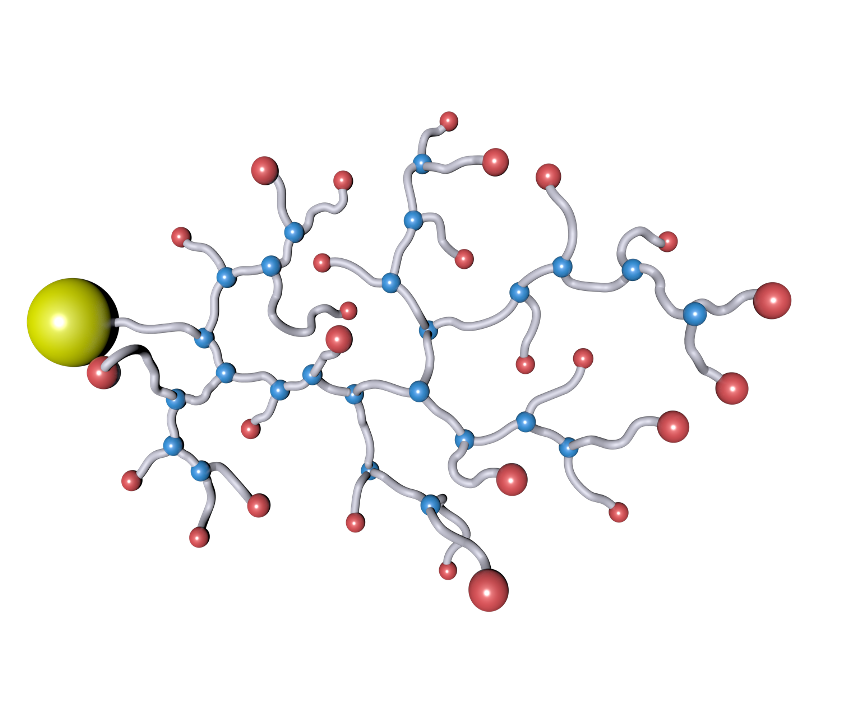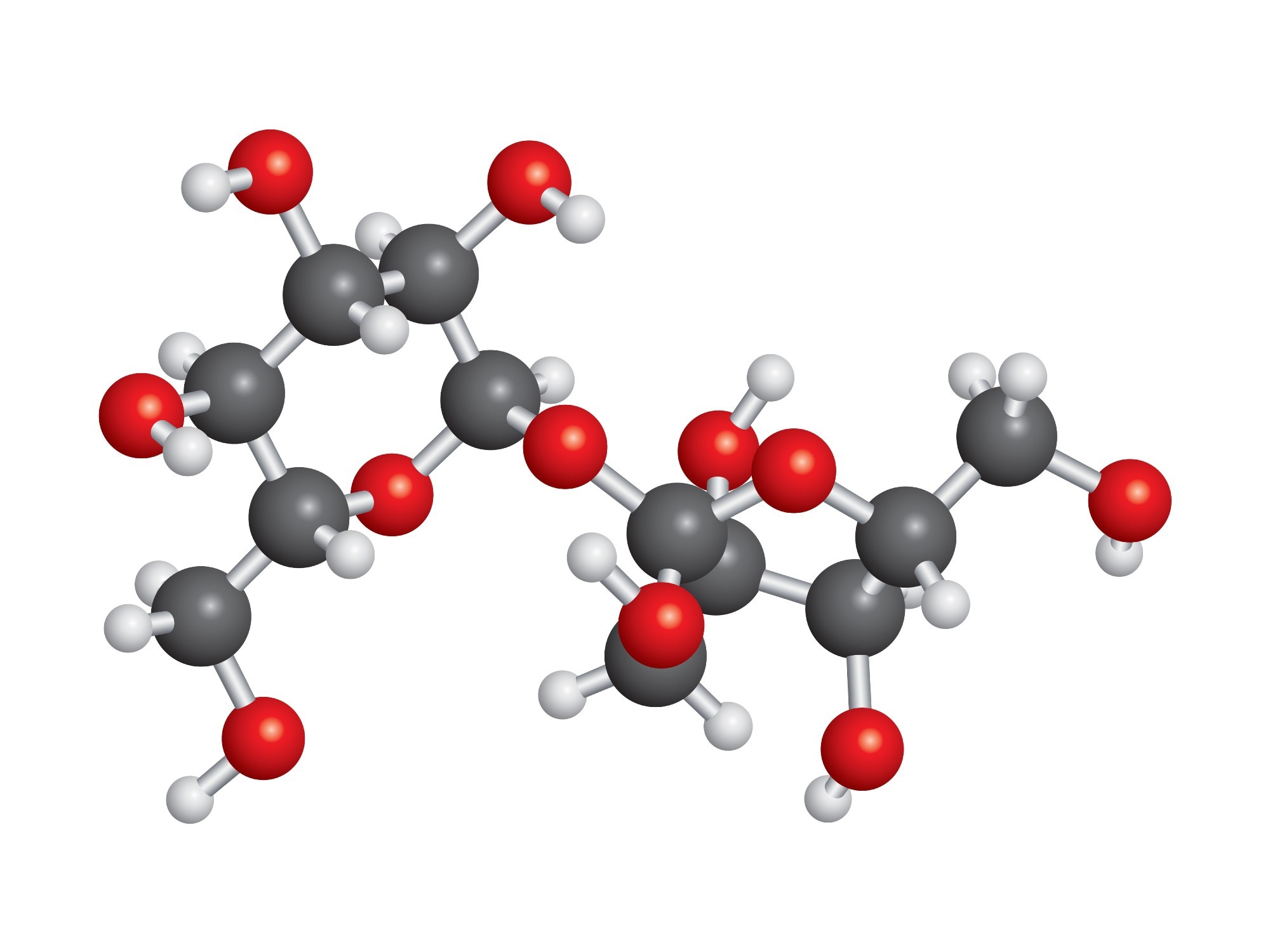Checking Out the Varied Applications and Benefits of Polymers in Different Industries
Polymers, with their diverse array of residential or commercial properties and functionalities, have actually ended up being important in various sectors, each enjoying unique advantages from their application. From enhancing safety and efficiency in the automobile market to transforming clinical tools in the medical care industry, polymers play a pivotal role.
Automotive Industry Applications
Polymers play a pivotal role in improving the efficiency and toughness of different elements within the automotive market. These functional materials are thoroughly made use of in the manufacturing of various components, ranging from indoor parts to under-the-hood applications. One noticeable usage of polymers in the auto industry remains in the manufacturing of light-weight components. By changing conventional metal get rid of polymer-based alternatives, cars can attain better fuel performance without endangering on strength or security.

Healthcare Industry Advantages
In different health care applications, the benefits of using polymers are extensively identified for their varied variety of advantageous buildings. Polymers play an essential role in the healthcare industry due to their versatility, biocompatibility, and cost-effectiveness. Among the primary benefits of polymers in medical care is their capacity to be customized to certain demands, such as adaptability, resilience, and biodegradability, making them perfect for a variety of clinical applications.
Polymer-based products are extensively used in clinical gadgets, such as catheters, implants, prosthetics, and medication delivery systems, due to their biocompatibility and capacity to resemble all-natural tissues. These products can decrease the risk of sensitive responses or beings rejected, improving person security and end results. In addition, polymers are lightweight, making them suitable for wearable clinical devices and ensuring person comfort.
Additionally, polymers make it possible for the advancement of cutting-edge therapy approaches, such as hydrogels for tissue engineering and nanocomposites for targeted drug distribution. Their simplicity of processing and sanitation makes them important for preserving high standards of health in healthcare setups. Generally, the varied benefits of polymers add significantly to developments in clinical technology and person care.
Ecological Benefits of Polymers

Furthermore, look these up polymers can contribute to power financial savings due to their lightweight nature. In markets such as transportation, lightweight polymer materials can help in reducing gas usage and greenhouse gas discharges. In addition, polymers can make it Resources possible for the growth of energy-efficient products such as insulation materials that boost power preservation in structures.
In addition, polymers play an important function in minimizing water air pollution. The use of polymer-based filtration systems can properly get rid of toxins and contaminants from wastewater, securing water sources and ecological communities. On the whole, the ecological benefits of polymers make them valuable properties in promoting sustainability and environment-friendly techniques across numerous industries.
Polymers in Electronics and Technology
Considering the raising need for innovative and lasting options in contemporary markets, the combination of advanced polymer modern technologies in the world of electronics and modern technology has become an essential method for driving efficiency and efficiency. Polymers have revolutionized the electronic devices industry by making it possible for the production of lighter, extra adaptable, and durable digital gadgets. From smart devices to medical tools, polymers play an important duty in boosting item style and capability.
One considerable benefit of polymers in electronics is their insulating buildings, which assist secure delicate electronic parts from environmental variables and electric interference. Furthermore, polymers are essential in the advancement of flexible screens, wearable modern technology, and printed electronic devices, offering unlimited opportunities for creating smart and interconnected gadgets.
Moreover, using polymers in electronic product packaging has actually resulted in improvements in miniaturization and thermal monitoring, improving the overall performance and dependability of digital systems. As modern technology continues to develop, the convenience and adaptability of polymers will certainly drive additionally technology in the electronics industry, shaping the future of technology.
Role of Polymers in Building and Framework
Polymers supply countless advantages in the building industry due to their convenience, longevity, and cost-effectiveness. One crucial duty of polymers in building and construction is their use in coverings and sealers, supplying protection versus environmental variables such as wetness, UV radiation, and corrosion.
In addition, polymers play a crucial function in sustainable building and construction practices by allowing go to my blog the advancement of energy-efficient structures. Protecting materials made from polymers aid control interior temperatures, minimizing the need for home heating and cooling systems and inevitably lowering power consumption. In addition, making use of polymer-based compounds in facilities tasks such as bridges and roads boosts their longevity and minimizes maintenance expenses. In general, the unification of polymers in construction and facilities displays their significant effect on modern-day design practices.
Verdict
In verdict, polymers play a critical function in different industries such as automotive, healthcare, environmental, electronic devices, and building and construction. From enhancing fuel efficiency in lorries to improving medical gadgets, polymers provide numerous benefits.